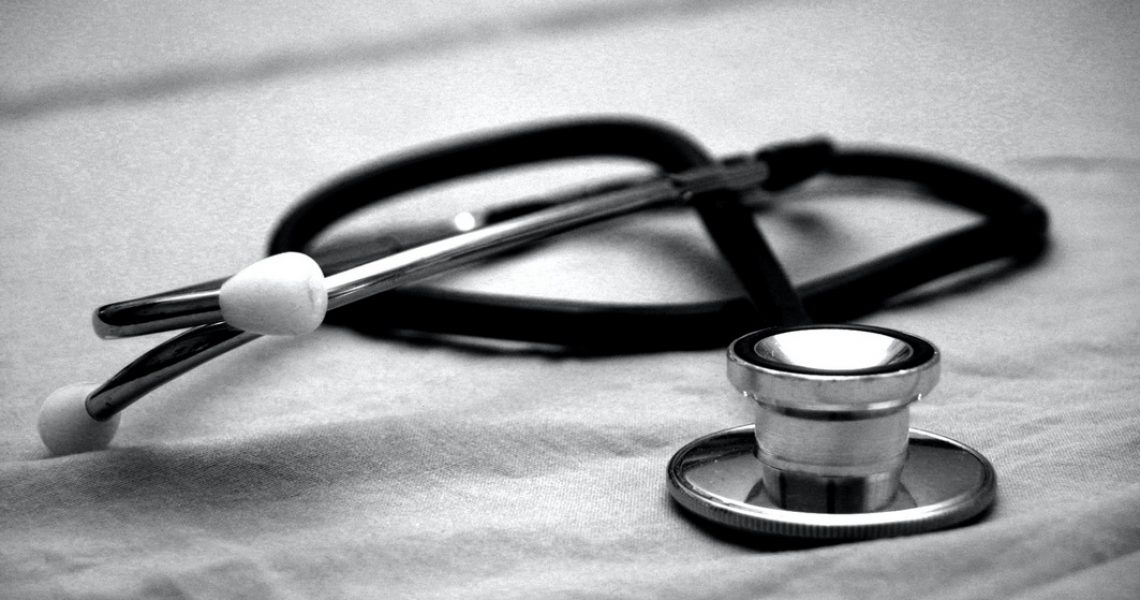Have you ever wondered why when you are overworked, over stimulated, and overstressed – you often find yourself getting sick or feeling under the weather? For hundreds of years, Western society has separated mental health from physical health. However – research has shown time and time again that there is a real connection between your emotional and physical health. Long term stress and unresolved emotional trauma can result in chronic illnesses. Dr. Gabor Mateè states that many chronic illnesses are a result of unresolved emotional trauma. So… why is this not something that is more widely recognized in our society.
Let’s take a few steps back and take a look at what emotional unhealth is. ‘Trauma’ is a word that is used frequently, but often inaccurately. Trauma in terms of emotional health is most easily defined as ‘the loss or overstepping of one’s boundaries.’ It is not the event that took place in someone’s life, but rather the emotional results of that event inside of themselves. This result is often the inability to understand and truly connect to ourselves and our emotions in regards to that event. Which really is great news for those of us longing to heal from trauma! If trauma was the event, we would be out of luck! The event happened – we cannot change that. BUT – trauma is not the event; it is our continual misunderstanding of our emotions tied to that event – which is solvable!
How does the body send signals of trauma? First you get an emotional fear response causing your hypothalamus to release hormones and signal your pituitary gland. Your pituitary gland then releases adrenaline and cortisol driving your fight or flight responses. These responses are great when signaled only in true emergency situations and for appropriate lengths of time. However, trauma affects the way that we see and experience our reality whether real or perceived. This often results in long term activation of these hormones. When these hormones are released too frequently, they can lead to increased risk of heart disease, stroke, anxiety, thinning bones, suppressed immune systems and depression.
So if doctors are aware of this connection, why is it something that we don’t speak about more often? The doctor/patient relationship is often transactional – on both sides. This isn’t doctor corruption, but rather a systemic flaw of the health care system. The patient wants the doctor to “just take the symptom away” and doctors are looking for the easiest solution .- they both want the fastest diagnosis. But working through mental health is not always quick OR easy. The doctor is knowledgeable in symptom relief – and is trained on quantifiable data, i.e. lab and test results. Working through both the mental and physical aspects of disease requires hard work and much more time from both parties!
A diagnosis is a reflection of the life of a person and their relationship to themselves. Disease can often represent how we are living our lives. With that in mind – working through your mental health is not a cure… but it can result in a healthier life!!
We always recommend you start by making an appointment with your Primary Care Physician, we aren’t doctors! But, if you are experiencing any of the following symptoms, it may be helpful to also begin treating your mental health with the same level of vigor as you do your physical health!
Here are some things that we recommend if you are looking to start the journey to understand the connection between your mental and physical health:
- Acknowledge your physical symptoms when they arise. Evaluate if there are things that you should be saying ‘no’ to but find yourself doing anyway? Once a week – audit the times where you did not say ‘no’ and what the physical results were.
- Become conscious. Trauma responses are often unconscious – so we don’t even always know when it’s happening.. Talking through your experiences with a professional is a great way to become more aware of your emotions..
- Manage your stress. Work with a trained professional to learn healthier coping mechanisms to help manage your stress responses caused by your emotional trauma.
Are you ready to close the gap between your mental and physical health? Schedule a session here with one of our therapists to get started on your journey to better overall health.

